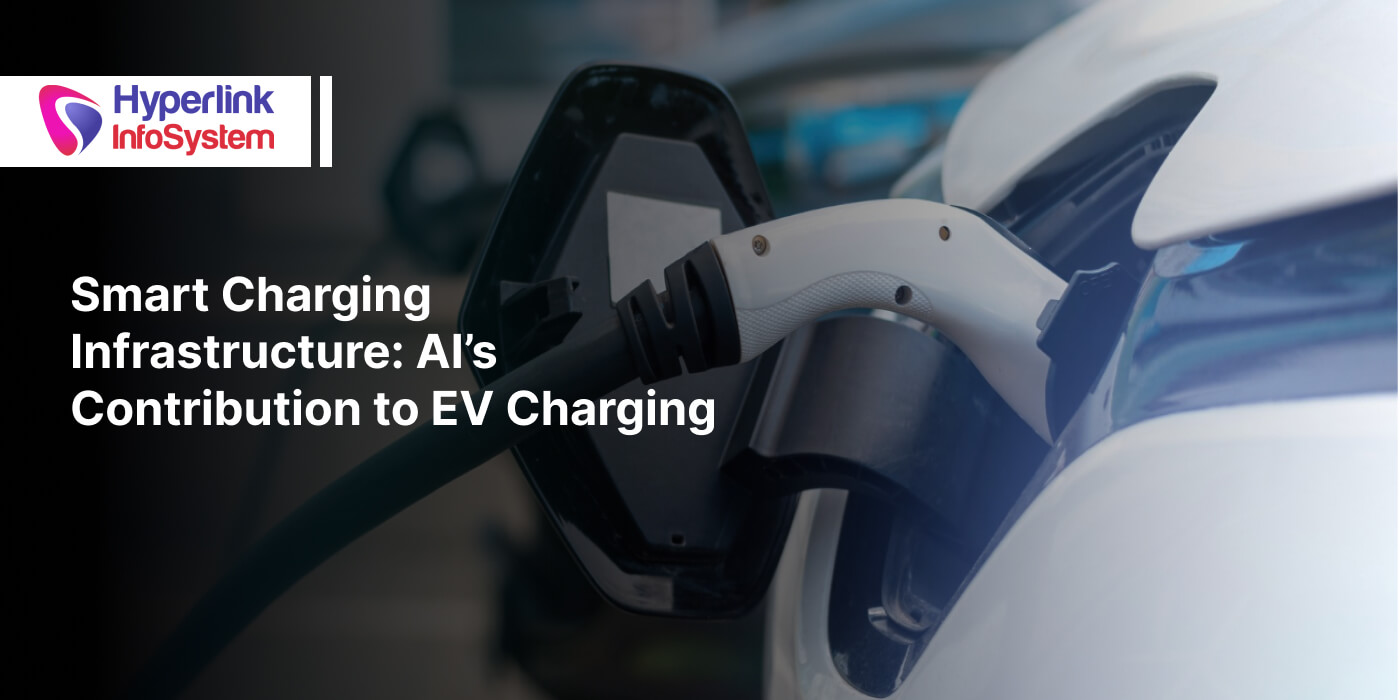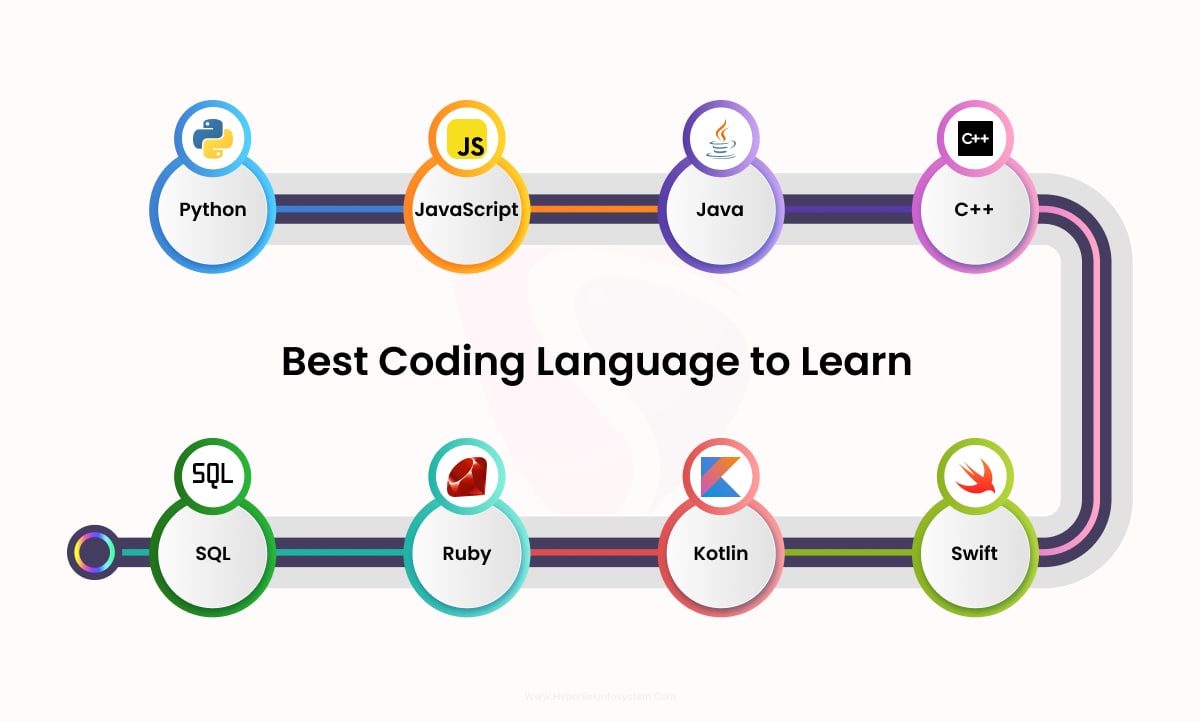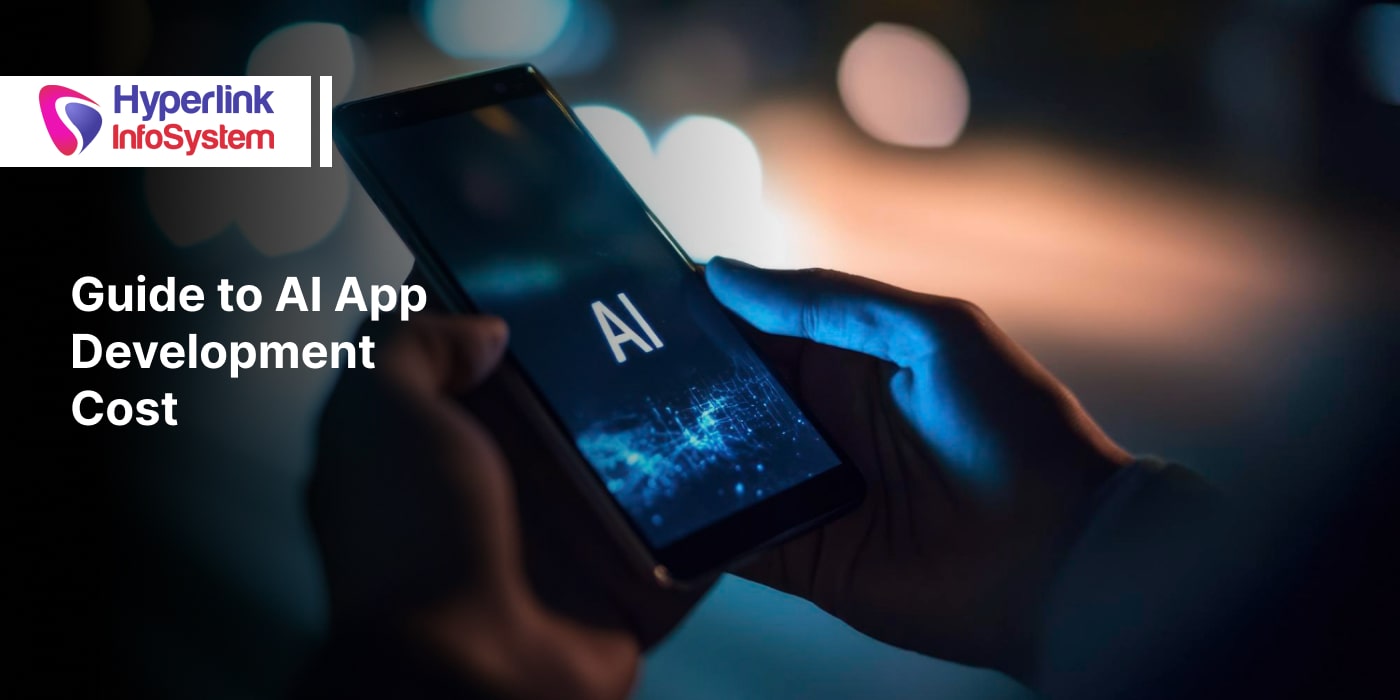Smart Charging Infrastructure: AI’s Contribution to EV Charging
Nov 2024

Electric vehicles have become widely popular around the world. EV models are successful and people have accepted them in their daily lives now, so the demand for reliable EV charging infrastructure is increasing day by day. There's already established EV charging infrastructure but it won't be able to match the growing demands that turn into the growing need for a smart charging infrastructure. This is where AI comes into the picture. The combination of AI with smart grid technology will create a new era in EV charging systems. In this blog, we will discuss how AI can contribute to the evolution of smart charging infrastructure.
What is EV Charging Infrastructure?: An Overview
It is understood that the EV power supply stations and the networks that allow the charging of electric vehicles (EVs) are known as EV charging infrastructure. The importance of such infrastructure is the growing adoption of EVs. Considering the changing and evolving energy sources used across the globe, there is a need for the usage and growth of electric automobiles.
Electric cars are in charge because they need charging for a certain amount of time, or rather, they need specialized charging stations that are available in public, at home, and even at the place of work. However, due to the ease of access to filling stations, conventional wide-blooming cars do not enjoy this luxury.
The infrastructure for EV charging consists of several components, such as energy management systems, integration of smart grid technology, establishment of charging stations, types of charging connectors, and others.
The rate at which charging takes place can differ from one charging station to another. Even though energy management systems supply power to electric vehicles ‘EVs’ while regulating the power grid, various electric vehicle models have different charging sockets. These systems optimize the use of energy and prevent overloading. Smart grids allow for better control and optimization of energy distribution.
As usage and demand for EVs are rising, this charging infrastructure needs to be changed and updated. To make electric vehicles more profitable, efficient, and scalable, it is important to make sure to increase the availability of charging stations.
AI’s Contribution to EV Charging System
The advancement of the Internet of Things is revolutionizing the charging infrastructure for electric vehicles, which is enhanced by the system intelligence, efficacy, and flexibility of the charging system according to the needs of electric vehicle owners.
The fast-evolving AI technologies geared towards the charging systems also show that there is a bigger shift from the traditional charging infrastructure systems to smart ones, which allows for energy optimization and enhanced service provision.

Here are some of the key ways AI contributes to EV charging systems:
- Efficient Energy Management
AI-powered energy management systems make sure to distribute power efficiently across the charging stations. It uses real-time data and based on that, it predicts peak demand times and adjusts the flow of electricity. Now, with AI and smart grid integration, the management of energy can be done effectively. Also, it is effective when using renewable energy sources like solar or wind.
- Smart Charging Scheduling
The implementation of AI at charging stations allows for the incorporation of intelligent scheduling and dynamic pricing, which helps in determining how much and when the EV should receive power. To illustrate, AI can optimize the charging patterns of the users' vehicles by predicting the time when electricity is most affordable and the power grid is least loaded.
That way, the customers can wait and charge their car during the cheaper off-peak period. This also encourages consumers to evenly distribute the demand throughout the day, which helps stabilize the grid and reduce consumers’ charging costs.
- Smart Grid and Load Balancing
The pressure on the grid increases with more electric vehicle usage. Machine learning techniques leverage historical usage patterns, energy demand forecasts, and weather predictions, among other data points, to help in load management. This allows AI in power management systems to automatically adjust the power outputs of the EV charging infrastructure, thereby preserving the balance of the grid, and minimizing power loss.
- Smart Maintenance for Charging Stations
With the help of artificial intelligence, charging stations can predict if there are any issues with the component or the need for maintenance. With the stored data, defined patterns, and sensor data, AI can tell you the potential issues in the system. This helps reduce downtime for EV charging stations before any breakdowns.
- Enhancing User Experience
Intelligent systems can enhance the charging experience of any user by learning their practices and tastes. For example, an AI engine may recommend the distance to the nearest available charging point, estimate waiting time based on the battery levels of users, and even process payments. This simplicity encourages the use of electric vehicles (EVs) by more people and thus enhances the experience in general.
- Vehicle-to-Grid (V2G) Technology
In addition, V2G technology, a technique that allows electric automobiles to discharge energy from the batteries they store to the grid in periods of high network loads, which can also connect to AI. In contrast, such systems can be designed in a way that the energy is transferred in both directions. This enables the electric vehicle batteries to discharge electricity to the grid without dropping below certain vehicle-required charge levels. With this technology, electric vehicles should serve as mobile battery units where energy is collected and retrieved at peak demand intervals.
Incorporating AI into the charging infrastructure of electric vehicles can enhance, optimize, and ease the use of the charging systems. These advancements contribute to the reduced environmental sustainability of electric vehicles without compromising the ability of the power grids to support the increased demand. The role of AI in the future of EV charging will be growing as it continues to develop.
Also Read, 11 Artificial Intelligence Apps That Can Be Used On Android
Smart Charging Infrastructure and Energy Management
In the context of electric vehicles, "smart charging infrastructure" means the inclusion of advanced concepts such as the Internet of Things and artificial intelligence in the systems to ensure proper charging of vehicles and effective management of energy resources.
One of the greatest challenges raised by EV charging systems is how to control the energy demand without stressing the electrical grid, especially during peak times. This challenge is greatly alleviated by AI energy management systems that analyze real-time information and balance the electrical load among different charging stations.
These forms of technology ensure that there is optimal distribution of electricity by curbing status surcharges and losses of power. Smart management helps to reduce energy consumption because of the low costs of charging services to both users and service providers.
In addition to this, due to the smart grid integration with AI technology, these charging stations for electric vehicles can be equipped with renewable energy sources such as solar or wind energy with the most convenience.
With the help of predictive analytics, AI is capable of analyzing trends in energy consumption and supply of renewable energy, thus making it possible to modify charging schedules. This not only enhances energy effectiveness but also reduces the reliance on fossil fuels, which augments the ecosystem for electric vehicles.
The energy management of electric vehicles is predicted to adjust faster to environmental constraints as well as to increasing demand for e-mobility and will be enhanced by the expansion of smart charging solutions and their infrastructure.
Benefits of AI in Smart EV Charging Infrastructure
The advantages of applying artificial intelligence (AI) in enhancing smart EV charging systems are so many that it revolutionizes the charging and management of electric vehicles. One of the main advantages is improved energy efficiency.
AI-based systems are capable of processing data in real-time so that the available power can be effectively distributed among the charging bays that are active, or are likely to be active, and power used as effectively as possible.
AI also helps to control the energy demand, thus reducing energy waste and averting the risks of causing blackouts. This brings about lower electricity consumption, which is beneficial to both the operators and the consumers. Hire dedicated AI developers and bring the revolution in smart EV charging infrastructure.
An enhanced user experience is another key benefit. AI helps to make personalized charging suggestions; for instance, it could recommend a charging station that takes into account the user’s preferences for location, price, and availability.
In the artificial intelligence (AI) field, charging prices can be adjusted due to the use of dynamic pricing models in which the price charged increases with demand. This allows the customers to charge at low prices during the off-peak periods.
CGI also facilitates how electric vehicle (EV) charging is done to the owners in that the challenge of charging from start to finish is made easier by processes such as cutting scheduling time and billing time.
AI is also crucial in predictive maintenance, which minimizes the operating downtime of the charging stations. Thanks to their constant surveillance of the charging stations' functioning, AI systems can assess potential failures. Owners of the stations get the benefit of better reliability and reduced operating costs due to this efficient system, which in turn cuts down repair costs and ensures service availability of charging stations.
In the end, AI helps in the enhancement of sustainability by using different renewable energy sources like wind and solar in the charging process. Artificial Intelligence (AI) changes when to charge the device to avoid overreliance on non-renewable sources of electricity, such as fossil fuels, by predicting the availability of such sources. This makes the filling of electric vehicles less harmful to the environment and promotes greater environmental causes as well since the carbon footprint of electric mobility as a whole is also minimized.
Also Read, Blockchain Will Accelerate The Adoption Of Artificial Intelligence
Future Expectations of AI in EV Charging Infrastructure
As the adoption of electric mobility picks up, it is expected that artificial intelligence (AI) in EV charging infrastructure will be a common phenomenon soon. One of the technological trends that will have a huge impact on building the charging infrastructure is the AI autonomous energy management system. This implies that systems driven by artificial intelligence (AI) technology will control the charging networks to keep up with the ever-growing number of people driving electric vehicles (EVs).
Various machine learning algorithms will enable real-time optimization of power distribution and prediction of demand peaks by learning the user's energy consumption, vehicle usage, and even weather conditions. This will keep smart grids and charging stations in sync, thereby avoiding power spikes and enhancing the performance of charging stations.
In addition, artificial intelligence will play a pivotal role in developing vehicle-to-grid (V2G) systems. This is because EVs are compatible with V2G, meaning that in addition to consuming energy during low-demand periods, an EV can send extra energy back to the grid during periods of high demand.
AI will govern this energy distribution in both directions, ensuring that vehicles do not deplete their battery reserves early. Because of this development, EV owners may benefit economically from selling electricity to the grid during peak hours, which helps in balancing the grid. EV’s ability to operate as a mobile energy storage unit can be realized.
AI will revolutionize the charging station networks in the coming years by creating more connected and automated systems. With the expansion of the Internet of Things (IoT), AI applications will bring together cars, charging stations, and power networks into a connected structure capable of autonomous scheduling and energy management.
Such systems will also be able to integrate more renewable energy into the charging systems, including the implementation of solar and wind energy. This synergy of AI, IoT, and alternative energy sources will facilitate the global transition to electric vehicles—a trend that is already emerging in China.
Conclusion
Thanks to AI’s ability to predict energy usage, load balancing, and control renewable sources, there is a conducive charging ecosystem being created that favors both energy suppliers and EV drivers. Companies that invest in smart charging systems are likely to respond more effectively to the anticipated growth in the electric vehicle market as its demand rises.
To achieve one’s ambitions in AI in this sector, it is important to partner with an established AI development company. You can either hire AI engineers or hire dedicated developers instead to build unique AI-based charging solutions tailored to their needs. Employing such dedicated developers assures enterprises that they will remain competitive in this fast-evolving industry, be it enhancing the performance of existing charging stations or designing new energy management systems. Due to the increasing EV market, this is the best time to look at how AI can change the face of your charging infrastructure and exploit the benefits that available bespoke AI experts have to offer. Contact Hyperlink Infosystem to leverage AI in smart EV charging.
Frequently Asked Questions
AI can bring many benefits, such as smart charging scheduling, efficient energy management, advanced and optimized charging maintenance, and more.
EV charging stations are important to meet and fulfill the demand for charging stations for EVs. This is why it is a must to establish a reliable and sustainable EV charging structure.
ChargePoint has the largest EV charging infrastructure.
Latest Blogs

Is BlockChain Technology Worth The H ...
Unfolds The Revolutionary & Versatility Of Blockchain Technology ...


IoT Technology - A Future In Making ...
Everything You Need To Know About IoT Technology ...

Feel Free to Contact Us!
We would be happy to hear from you, please fill in the form below or mail us your requirements on info@hyperlinkinfosystem.com
Hyperlink InfoSystem Bring Transformation For Global Businesses
Starting from listening to your business problems to delivering accurate solutions; we make sure to follow industry-specific standards and combine them with our technical knowledge, development expertise, and extensive research.
4500+
Apps Developed
1200+
Developers
2200+
Websites Designed
140+
Games Developed
120+
AI & IoT Solutions
2700+
Happy Clients
120+
Salesforce Solutions

40+
Data Science

















